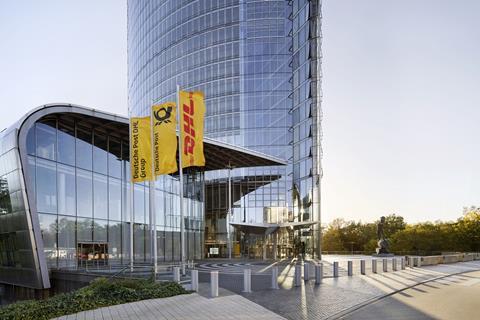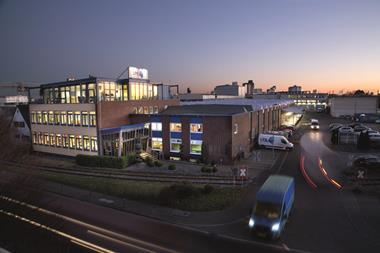
Deutsche Post DHL Group saw continued strong growth in the third quarter of 2022, increasing its revenue by 20% over the same period last year to €24bn.
Group chief executive Frank Appel said: "The first three quarters of the year were the most successful in our company's history thanks to the international DHL business.
“The foundation for our success is our well-balanced global logistics business powered by our dedicated workforce."
“This makes us a reliable partner for our customers all around the world – especially in these volatile times."
In response to the continuing positive business and earnings performance in the DHL divisions, the groupraised its EBIT guidance for the current financial year to a record level of around €8.4bn (previously: €8.0bn with a maximum variance of + / - 5%).
Returning growth in the domestic parcel business and the ongoing trend towards e-commerce also contributed to the revenue surge, thanks to “flexible structures and close cooperation between the divisions”.
Once again, the B2B business of DHL's Global Forwarding, Freight, Supply Chain and Express divisions was the driver behind the Ggroup's strong revenue and EBIT growth.
The global logistics giant said that in its Global Forwarding, Freight’s cargo business, revenue and EBIT “again increased significantly due to ongoing high freight rates”.
The capacity situation in air and ocean freight eased further, as demand declined noticeably and transport supply improved again.
Air freight volumes decreased year-on-year, but were at a comparable level seen in the second quarter of 2022. In ocean freight, transport volumes grew by 11.9%, due to the integration of the acquired beverage logistics company Hillebrand.
The Express division once again achieved very good capacity utilization levels in its globe spanning networks. EBIT increased by 4.2% year-on-year to €1.0bn. Revenue growth was even stronger, up 21.8% to €7.2bn.
As in the second quarter 2022, this development was especially driven by “pricing measures and higher fuel surcharges.”










